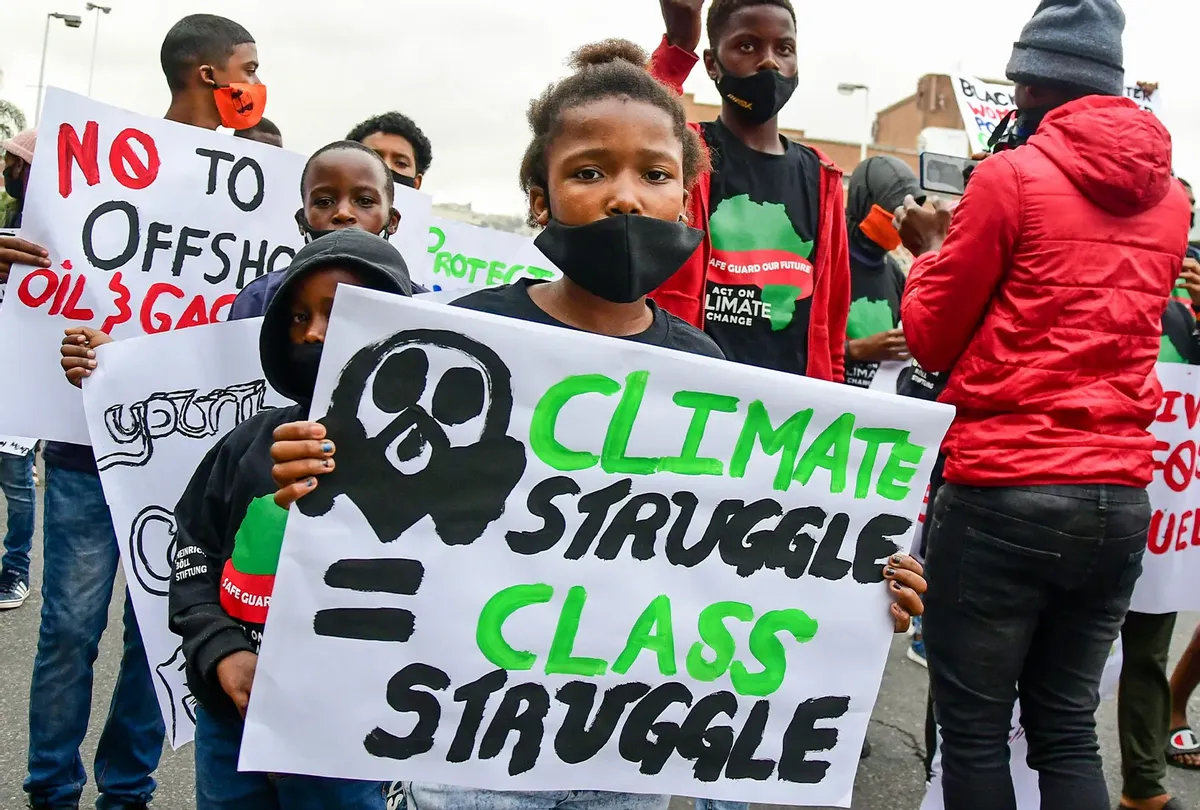Climate change is one of the most urgent global issues, yet political action remains slow. Despite overwhelming scientific evidence, governments struggle to implement effective climate policies due to economic interests, political divisions, and lobbying pressures.
One major challenge is the influence of fossil fuel industries. These industries lobby against strict environmental regulations, fearing profit losses. Many politicians receive funding from fossil fuel companies, making them reluctant to push for aggressive climate policies.
Political divisions also play a role. In some countries, climate change has become a partisan issue, with one side advocating for strong action and the other downplaying the problem. This polarization makes it difficult to pass comprehensive climate laws.
International cooperation is another hurdle. While global agreements like the Paris Climate Accord set emission targets, enforcement is weak. Many countries prioritize economic growth over environmental sustainability, delaying urgent climate action.
To tackle climate change, governments must prioritize science-based policies, reduce fossil fuel reliance, and promote renewable energy investments. Without urgent political action, the consequences of climate change will become even more severe.


















Samuel Boafoh
Climate
Erry123
So sad
Keydonn
Hmmm